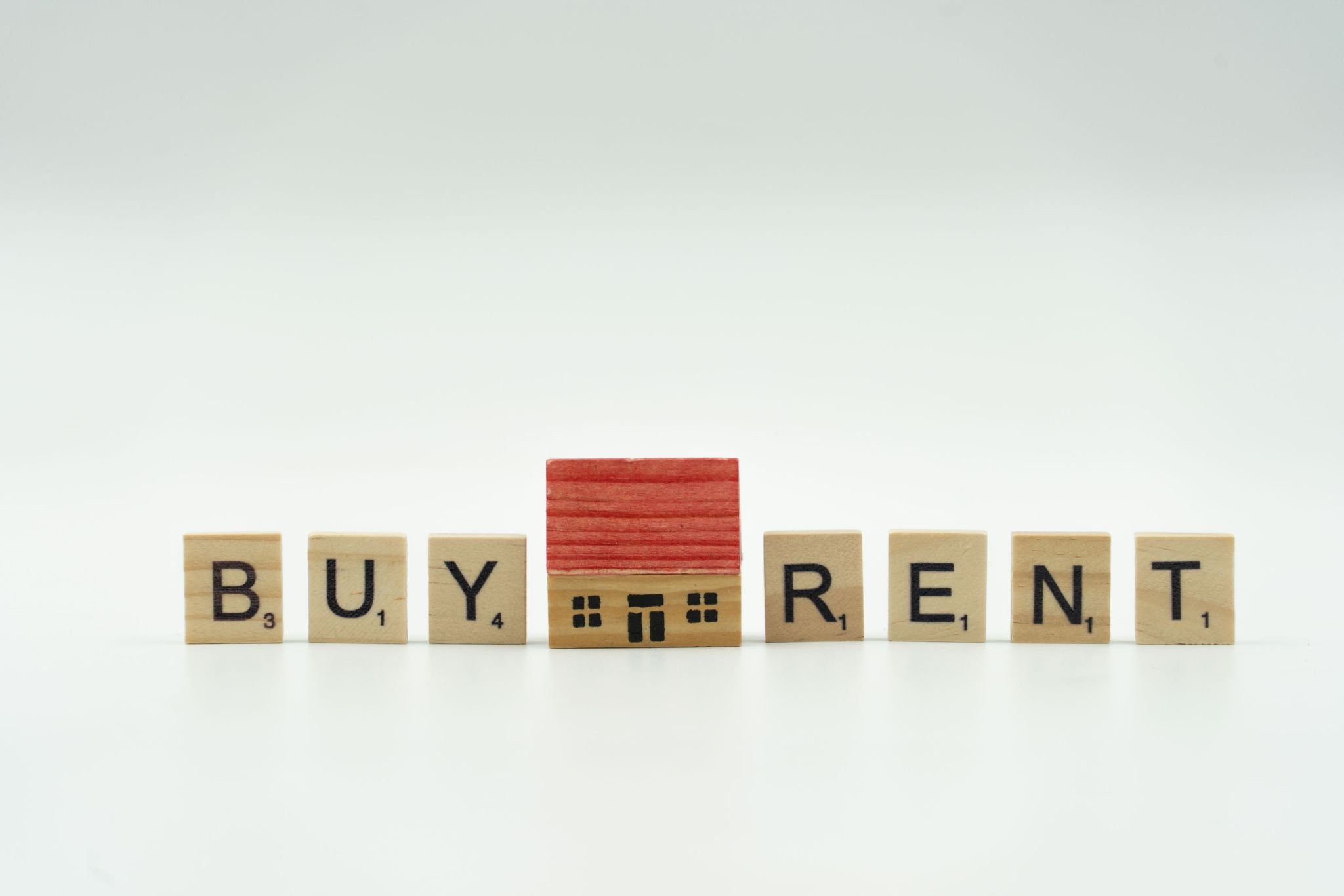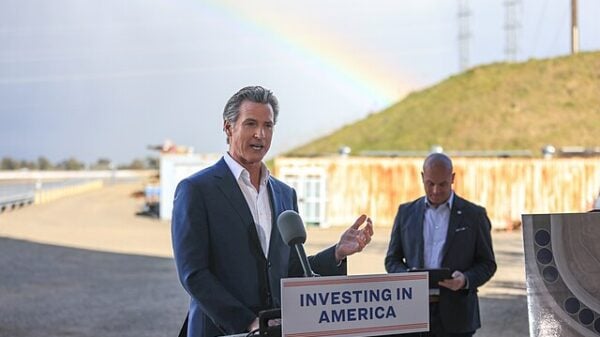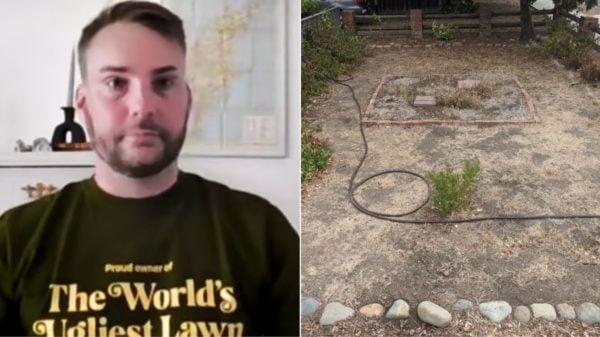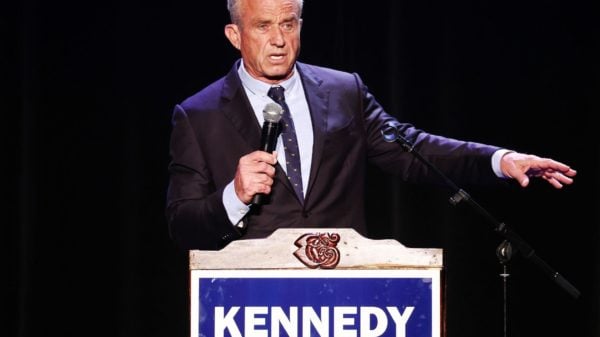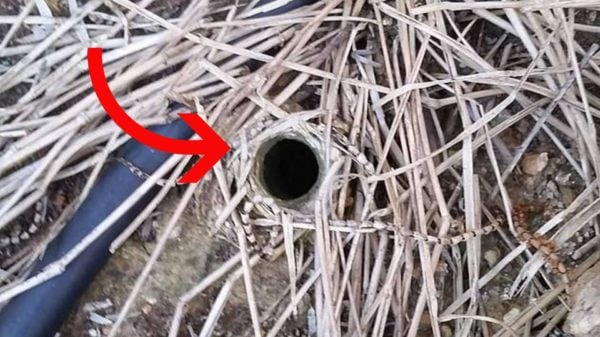Millennials, or people who were born between 1981 and 1996, have struggled to purchase their first home for a number of reasons. As inflation continues to soar and the housing market is at an all-time high, millennials are left with few options to become homeowners. But despite all of the aforementioned roadblocks, millennials are even more skittish to buy a house for reasons you might not have considered. Climate change is a big concern for prospective home buyers between the ages of 27 to 42.
According to Zillow’s annual Consumer Housing Trends report, millennials have backed off from trying to purchase a home because of mounting fears pertaining to climate change. The report suggests that more than 80% of potential homebuyers listed climate change as a factor that impacted their search. On top of that, millennials have the greatest concern for natural disasters such as floods, hurricanes and droughts compared to other generations. As owning a home in disaster-prone areas comes with a higher price tag and more complications, millennials have decided to steer clear of the housing market at all costs.
Interestingly, when it comes to buying a home, millennials find themselves in a price range that puts them in a “direct path” of climate risk. Now that mortgage rates have soared to more than 7%, homebuyers have to set their sights on affordable options. According to Manny Garcia, Zillow’s senior population scientist, “Folks are chasing a home that they can afford and oftentimes those homes are not in the most climate resilient parts of the country.” Garcia noted that southern states have more realistic housing options available than other parts of the country. At the same time, the South is very prone to extreme weather events. “Generally, the South as a whole has a lot more housing inventory” when compared to “Western markets or the Northeast, where you might be paying $1 million for a home that’s 100 years old,” said Garcia.
To add insult to injury, insurance companies have been changing their models to take the frequency and scale of natural disasters into account when assessing rates. The First Street Foundation reported that states that are prone to “wildfires, damaging storms, and flooding,” are expected to see dramatic increases in the cost of premiums. These states would include California, Florida, and Louisiana, to name a few. Natural disasters that stem from climate change can occur anywhere. The massive fire that wiped out the Lahaina community and the intense flooding that destroyed parts of Vermont and Maine over the summer could all cause insurance costs to be hiked up even further for homeowners.
First Street, a nonprofit organization that “researches the financial impact of the climate crisis,” estimates that by the year 2050, around 34,000 homes will be burned down as a result of uncontrollable and unpredictable wildfires. According to Todd Bevington, a managing director of a popular insurance broker, climate change continues to be an ongoing concern for those who are looking to purchase a property, leaving renting as the more desirable option. “It used to be that homeowner’s insurance was an afterthought when you were looking at buying a property. Now you’ll really need to do your research into what risks there may be in that property in the coming years,” he said.



